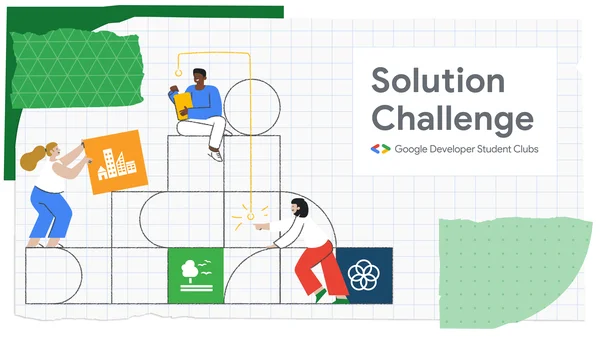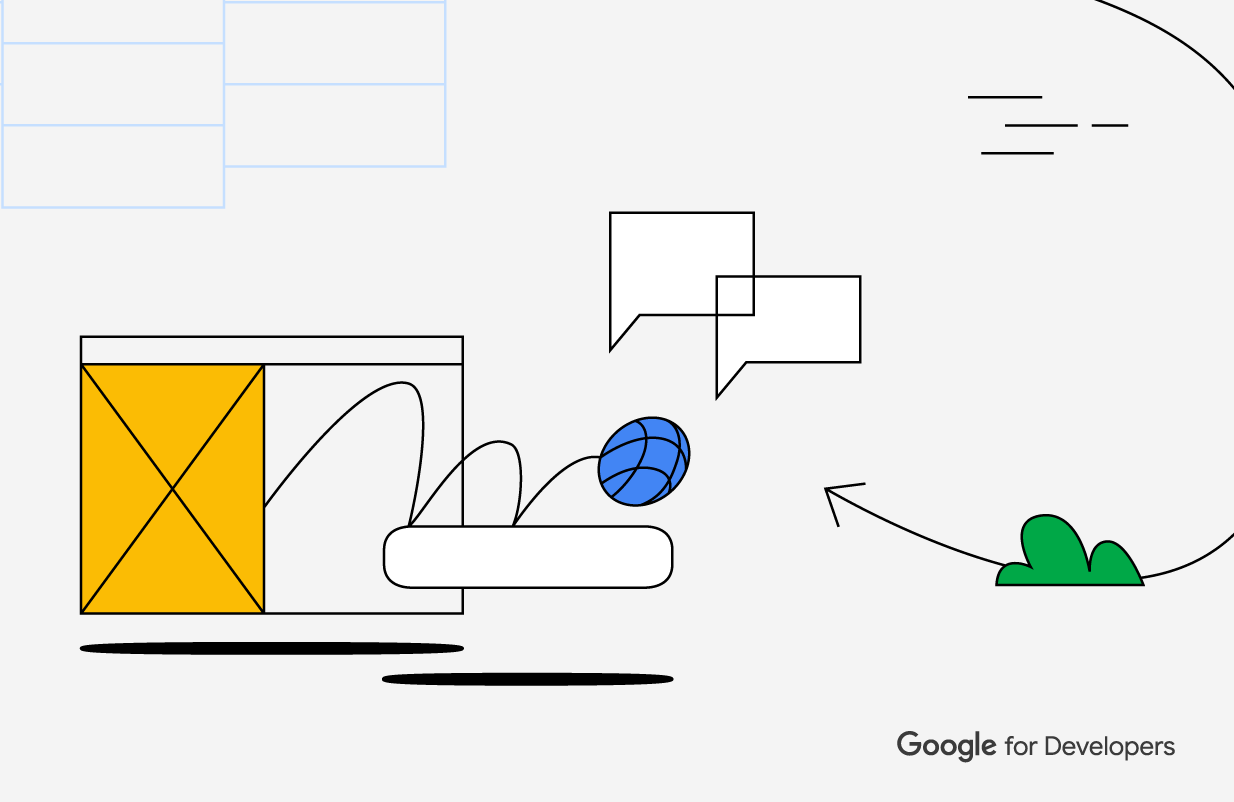Tag Archives: developers
STEM training for the next generation of Latinas in tech
 The Televisa Foundation will launch Technolochicas in the United States beginning this fall, starting in Houston, Los Angeles and Chicago.
The Televisa Foundation will launch Technolochicas in the United States beginning this fall, starting in Houston, Los Angeles and Chicago.
Source: Education
What 4 sustainability startups learned from our first circular economy accelerator
 Eleven teams from APAC and North America have graduated from Google’s first accelerator program for circular economy startups.
Eleven teams from APAC and North America have graduated from Google’s first accelerator program for circular economy startups.
Source: The Official Google Blog
How a 60-second video changed one designer’s career
 Alaa is a Women Techmakers Ambassador who is having an impact on gender equity in the tech industry.
Alaa is a Women Techmakers Ambassador who is having an impact on gender equity in the tech industry.
Source: The Official Google Blog
3 student projects aiming to solve real-world problems with tech
 Announcing the top three winners of this year's GDSC Solution Challenge, as well as the people’s choice award.
Announcing the top three winners of this year's GDSC Solution Challenge, as well as the people’s choice award.
Source: The Official Google Blog
How two Googlers showcase their work and passions online
 Googlers Dan Valinotti and Noah Rubin share their expertise and passions while establishing their online identities.
Googlers Dan Valinotti and Noah Rubin share their expertise and passions while establishing their online identities.
Source: The Official Google Blog
Defend the Earth in a new immersive SPACE INVADERS game
 Google and TAITO partner to release SPACE INVADERS: World Defense, a new immersive AR game that turns the world into a playground.
Google and TAITO partner to release SPACE INVADERS: World Defense, a new immersive AR game that turns the world into a playground.
Source: The Official Google Blog
Google Chat APIs now generally available to all Workspace developers

Programmatically manage spaces, memberships, messages, reactions and attachments
Last year, we announced new APIs in Developer Preview that enabled developers to programmatically create Chat spaces and add members on behalf of users. These APIs, in addition to the message, reaction, and attachments APIs are now generally available to all Workspace developers.
Google Chat has become a critical connectivity tool for hybrid organizations as well as a powerful tool for streamlining workflows. The Google Chat API allows developers to build user facing apps that integrate workflows into Chat and provide contextual information right into the conversation. Chat apps let users receive details and link previews directly from connected internal and third-party systems, and allows users to get up to speed asynchronously and solve issues quickly. For example, users can create or manage issues in Jira for Google Chat, all without leaving Chat.
 |
Some developers are already leveraging the new APIs to encourage collaboration for their customers. LumApps, a leading intranet platform, enables its users to start a direct message in Google Chat from their user directory so those who are trying to find others based on job titles, roles, departments, or other attributes, can quickly start messaging each other.
 |
New Google Chat APIs in the Developer Preview Program
In addition to the above Chat APIs now being generally available for all Workspace developers, existing Developer Preview participants can now access our newest feature: Developing Google Chat apps to import user data. If you currently use other enterprise messaging platforms and would like to bring your data into Google Chat, you can now create a Chat app to import existing messages, attachments, reactions, memberships, and more.
The key feature of the Developer Preview functionality are “import mode” spaces, which allow Chat apps to maintain historical timestamps for spaces and messages, to keep the context and ordering of the imported data as users expect. As well, import mode spaces suppress notifications and do not allow end users to access these spaces while legacy data is being imported.
As more users look to get things done within Google Chat, extending the capabilities of the product with apps will help users save time and get things done quicker. We encourage you to explore what you can do today with these resources:
Explore our new Google for Education App Hub
 We’re announcing new Google for Education updates at ISTE, North America’s biggest edtech conference.
We’re announcing new Google for Education updates at ISTE, North America’s biggest edtech conference.
Source: Education
The global machine learning training program born out of South Korea
 1,600 learners across 7 countries have participated in the Google Machine Learning Bootcamp.
1,600 learners across 7 countries have participated in the Google Machine Learning Bootcamp.
 Posted by Mike Rhemtulla, Product Manager
Posted by Mike Rhemtulla, Product Manager